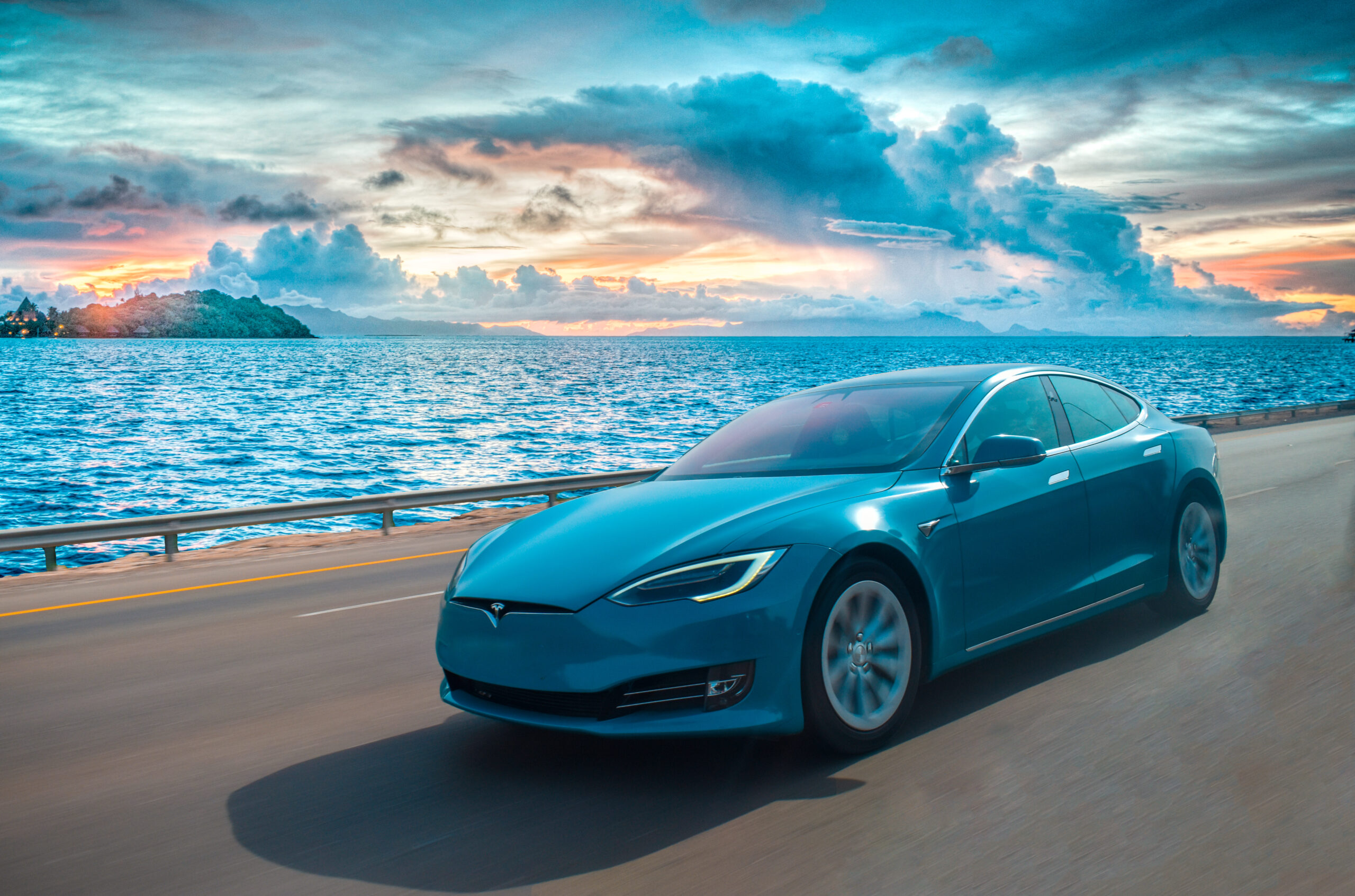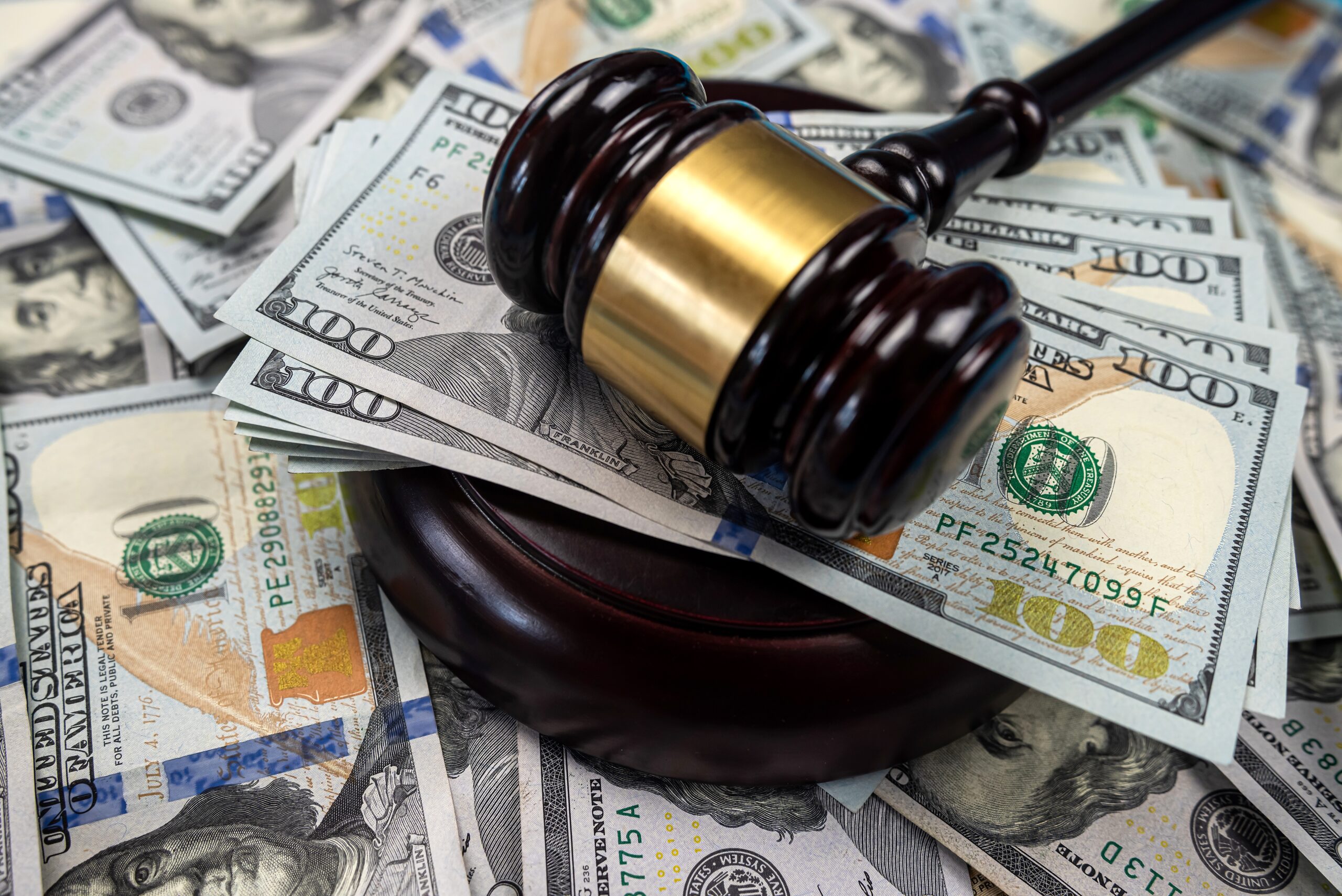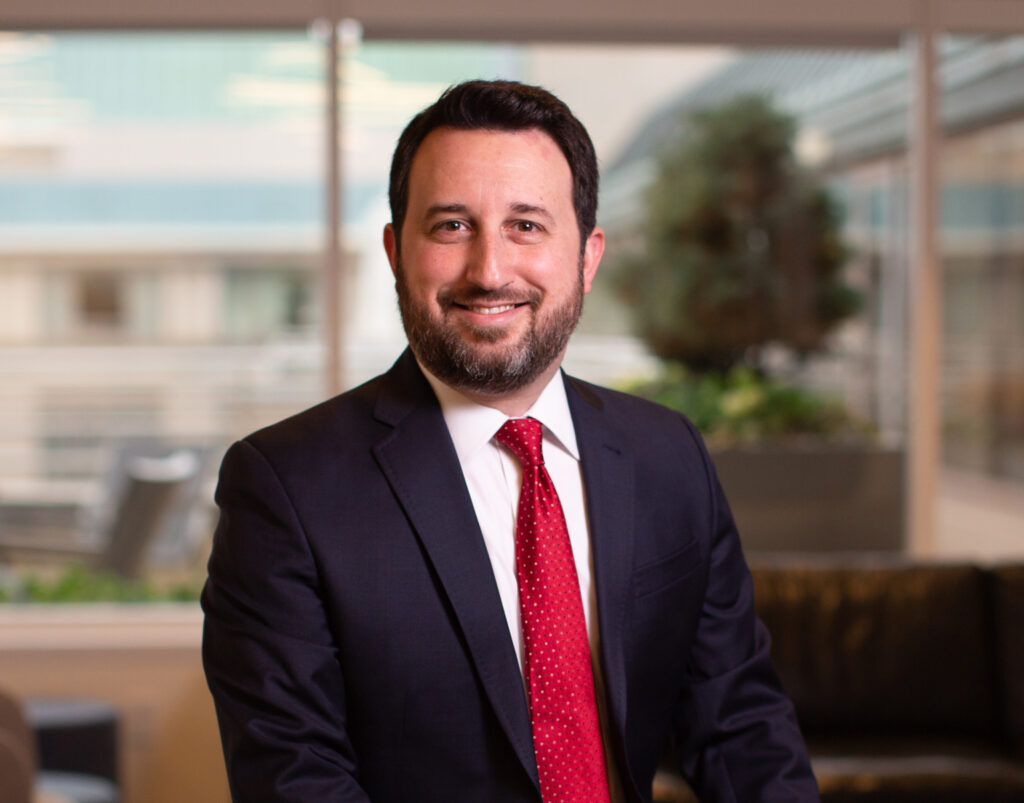As several companies have learned the hard way over the past few months, many things can result from having a presence on social media — and a lot of them aren’t good for business.

Social media presents necessary but treacherous terrain for companies: Many brands must maintain an active presence to remain relevant and compete in the marketplace, but misuse, or even perceived misuse, presents hazards that can attract U.S. Securities and Exchange Commission investigations and shareholder lawsuits.
A recent lawsuit, filed against Tesla Inc. on March 11, showcases the legal perils that can follow missteps on social media.
In 2018, Tesla founder and CEO Elon Musk made headlines with a series of splashy tweets in which he mentioned plans to take the company private, target goals for Tesla’s upcoming production of electric cars and solar roofs, and his opinion that Tesla’s stock price was too high.
Three years later, the fallout continues, as a stockholder has filed a derivative action claiming that Musk’s tweets caused Tesla’s stock price to plummet and alleging that he and the board of directors breached fiduciary duties owed to the company.[1]
The complaint also claims that Tesla canceled its directors and officers liability insurance policy — and Musk himself is personally indemnifying Tesla’s directors against liability arising from their service on the board.[2]
For companies without billionaire CEOs willing and able to personally indemnify their directors, D&O insurance represents the only financial protection for securities lawsuits.
Derivative Securities Lawsuit Filed Against Tesla’s Directors for Breach of Fiduciary Duties
The events giving rise to the stockholder’s lawsuit go back to 2018, when Musk made a series of controversial tweets.
The stockholder alleges that Tesla uses Musk’s personal Twitter account to announce material information to the public about the company and its products and services, including forward-looking guidance regarding Tesla’s financial metrics and key nonfinancial information such as production forecasts, production achievements and new product releases.[3]
The complaint goes on to allege that Musk tweeted that he was “considering taking Tesla private at$420” with “[f]unding secured.”[4] However, by the close of trading the next day, Tesla’s stock price allegedly dropped because its board of directors issued a press release stating that it was investigating Musk’s tweet but did not confirm that funding had been secured for any going-private transaction.[5]
The stockholder alleges that a few days later, Musk then doubled down on his claims by tweeting that
he was working with The Goldman Sachs Group Inc. and other financial advisers on the proposal to take Tesla private.[6]
Media reports later contradicted Musk’s claims that he had retained financial advisers, which further caused Tesla’s stock price to drop.[7] Two days later, the SEC allegedly subpoenaed Tesla regarding Musk’s tweets, causing the stock price to sink further.[8]
The stockholder further alleges that Musk’s tweets were false and misleading, as neither he nor Tesla had lined up the financing necessary to take the company private.[9] The complaint also claims that Musk’s tweets drew unwanted attention from the SEC, which filed a complaint charging Musk with securities fraud.[10]
Two days later, Musk and Tesla entered into settlements requiring that Tesla implement mandatory procedures regarding the oversight of the company’s social media communications, including Twitter posts by Musk; Musk step down as Tesla’s chairman and be replaced by an independent one; and Musk and Tesla each pay a $20 million penalty.[11]
Musk then allegedly continued to flout the SEC’s authority, tweeting that the $20 million fine was worth it.[12] Despite’s Tesla’s implementation of a policy prohibiting executives from issuing written communications that contain information material to Tesla’s stockholders without prior approval, the stockholder claims that in 2019, Musk returned to Twitter and announced that “Tesla made 0 cars in 2011, but will make around 500k in 2019.”[13]
The complaint alleges that Musk tweeted this information without prior approval, once again incurring the wrath of the SEC, which filed a motion for a show-cause order seeking to hold Musk in contempt for violating the settlement agreement.[14]
This contempt motion allegedly resulted in a revised settlement agreement requiring Tesla to amend its policy and force Musk to get written preapproval before posting any information about Tesla’s production, sales or delivery numbers that the company had not previously published via preapproved written communication.[15]
Yet within three months, Musk tweeted that Tesla would produce 1,000 solar roofs per week by the end of 2019, also allegedly without prior approval.[16] Musk also tweeted that “Tesla stock is too high [in my opinion].”[17] The stockholder alleges that this tweet caused Tesla’s stock price to drop nearly 10% in the following hours, destroying almost $14 billion in Tesla’s market capitalization.[18]
The complaint brings causes of action against both Musk and Tesla’s board of directors for allegedly breaching their fiduciary duties of due care, good faith and loyalty.[19] Specifically, the complaint alleges that Tesla’s board failed to appoint an independent general counsel who would rein in Musk, instead allowing him to install loyalists who failed to implement effective oversight.[20]
The stockholder also claims that Tesla canceled its D&O policy for the 2019-20 year due to high
premiums (caused by Musk’s erratic behavior and the board’s failure to oversee his misconduct) and instead, Musk himself personally indemnifies Tesla’s directors for personal liability arising from their service on Tesla’s board.[21]
While this arrangement may work for Tesla, companies without billionaire CEOs willing to personally indemnify their directors can nonetheless protect themselves from similar stock drop claims with D&O insurance policies.
D&O Policies Cover Stock Drop Lawsuits and Alleged Breaches of Fiduciary Duties
Public company D&O policies cover a wide range of claims brought against directors and officers, either directly to the individuals when the company does not indemnify them or directly to the company when it indemnifies those individuals, as well as securities lawsuits brought directly against a company itself.
Typical insuring agreements cover claims made during the policy period against the directors, officers and company for any wrongful act, normally defined as any actual or alleged act, error, omission, misleading statement, misstatement, neglect or breach of duty allegedly committed or attempted by any of the directors and officers or the company itself.
These D&O provisions cover stock drop derivative actions because shareholders’ allegations that a company’s directors and officers breached their fiduciary duties qualify as covered wrongful acts.
In addition, the definition of covered claims often includes securities claims, which cover derivative suits alleging one or more violations of laws, rules or regulations brought by security holders arising out of the purchase, sale or offer to purchase or sell securities of the insured company.
Side A coverage requires the insurer to pay for loss (including damages, settlements, judgments and defense costs) for which the corporation does not indemnify its directors and officers.
For example, under Delaware law — Tesla is incorporated in Delaware — a corporation cannot
indemnify, or hold harmless, its directors and officers for derivative actions that result in a judgment that they are liable to the corporation.[22]
The reasoning is that a corporation’s indemnification of directors for judgments or settlements in a derivative suit would be circular, as the corporation would be essentially paying itself for injury caused to it by the same directors it was indemnifying.[23] Side A coverage typically applies when a company is insolvent. Otherwise the corporation would indemnify the individual directors or officers.
Side B coverage addresses the situation where the company indemnifies the individual directors or officers. Delaware law also allows corporations to indemnify their directors and officers for expenses, including attorney fees, incurred in the defense against derivative actions, if the director or officer acted in good faith and in a manner the person reasonably believed to be in the best interests of the corporation.[24]
Side C coverage provides coverage for the company itself, but for public companies is generally
limited to securities claims.
Securities claims are often defined to include claims alleging violations of any law, rule or regulation, whether statutory or common law, including but not limited to the purchase or sale or offer or solicitation of an offer to purchase or sell securities, brought by any person or entity arising out of the purchase or sale of any securities of the insured organization, or a security holder with respect to his or her interest in the securities of such organization, in addition to derivative suits.
The value of Side C coverage is that it covers governmental investigations, and if a lawsuit is filed, defense of the claim. Covered claims include demands for alternative dispute resolution, such as mediation or arbitration; civil, criminal, administrative or regulatory lawsuits and proceedings; and derivative demands, among other things.
D&O policies can also cover investigations of a company’s directors and officers, which often begin before an actual lawsuit is filed and commence with informal requests for information and witness interviews, formal document requests, requests to toll or waive statutes of limitation, target letters, subpoenas, grand jury subpoenas, search warrants, administrative orders, civil investigative demands, or similar documents.
Insurers often try to deny coverage for these kinds of documents, but several decisions have held that they are covered claims sufficient to trigger D&O coverage.[25]
While paying to indemnify Tesla’s board of directors may amount to no more than a drop in the
bucket for Musk, most companies do not have the same luxury of having a free-spending billionaire as CEO willing to personally cover the costs of litigation resulting from missteps on social media.
For example, in recent weeks, major companies such as Delta Air Lines Inc. and The Coca-Cola Co. have found themselves in hot water, and facing boycotts threatened on social media, after making controversial statements about Georgia’s new voting law.
In the current age of political polarization, for companies with an active presence on social media, the question is when, not if, the court of public opinion will eventually turn against them. Companies can prepare for the storm by double- and triple-checking to make sure their D&O policies limit their exposure in the event shareholders file derivative lawsuits against them in the fallout after social media gaffes.
This article was also published in Law360.
[1] Dave Simpson, Musk, Tesla Face Another Investor Suit Over ‘Erratic’ Tweets, Law360 (Mar. 12, 2021, 11:36 PM), https://www.law360.com/articles/1364501/musk-tesla-face-another-investor-suitover-erratic-tweets.
[2] V. Stockholder Derivative Compl., Gharrity v. Musk, No. 2021-0199, ¶ 90 (Del. Ch. Mar. 11,
2021).
[3] Id. at ¶¶ 96-97.
[4] Id. at ¶¶ 11, 116.
[5] Id. at ¶ 121.
[6] Id. at ¶ 122.
[7] Id. at ¶¶ 123-24.
[8] Id. at ¶ 125.
[9] Id. at ¶ 134.
[10] Id. at ¶ 151.
[11] Id. at ¶¶ 153-54.
[12] Id. at ¶ 160.
[13] Id. at ¶¶ 164, 170.
[14] Id. at ¶¶ 174-76.
[15] Id. at ¶¶ 184-85.
[16] Id. at ¶¶ 23, 187, 189.
[17] Id. at ¶ 198.
[18] Id. at ¶¶ 203-04.
[19] Id. at ¶¶ 309-11, 316-19.
[20] Id. at ¶¶ 212, 215, 243, 245.
[21] Id. at ¶ 90.
[22] Del. Code Ann. tit. 8, § 145(b) (West 2020).
[23] Arnold v. Soc’y for Sav. Bancorp, Inc ., 678 A.2d 533, 540 n.18 (Del. 1996).
[24] Del. Code Ann. tit. 8, § 145(b) (West 2020). [25] E.g., MBIA Inc. v. Fed. Ins. Co ., 652 F.3d 152, 159 (2d Cir. 2011); Polychron v. Crum & Forster Ins. Cos ., 916 F.2d 461, 463 (8th Cir. 1990); Minuteman Int’l, Inc. v. Great Am. Ins. Co ., No. 03 C 6067, 2004 WL 603482, at *7 (N.D. Ill. Mar. 22, 2004).



